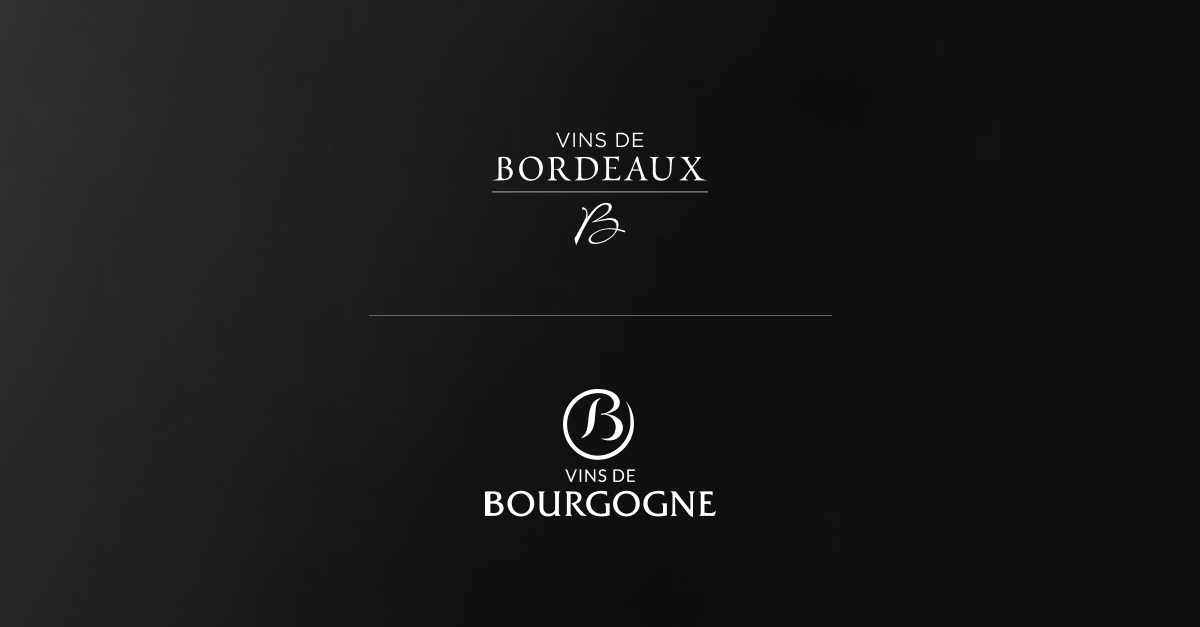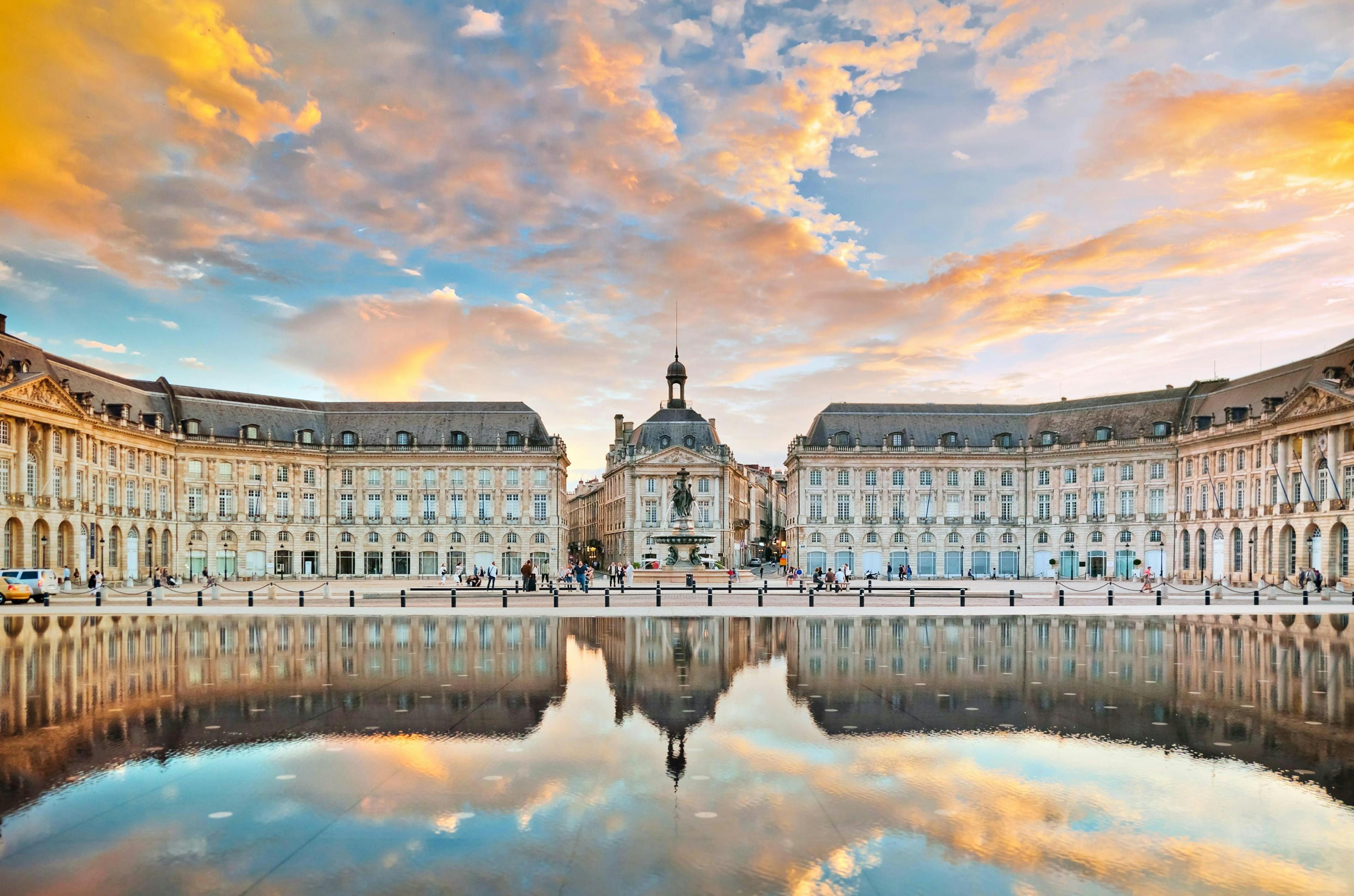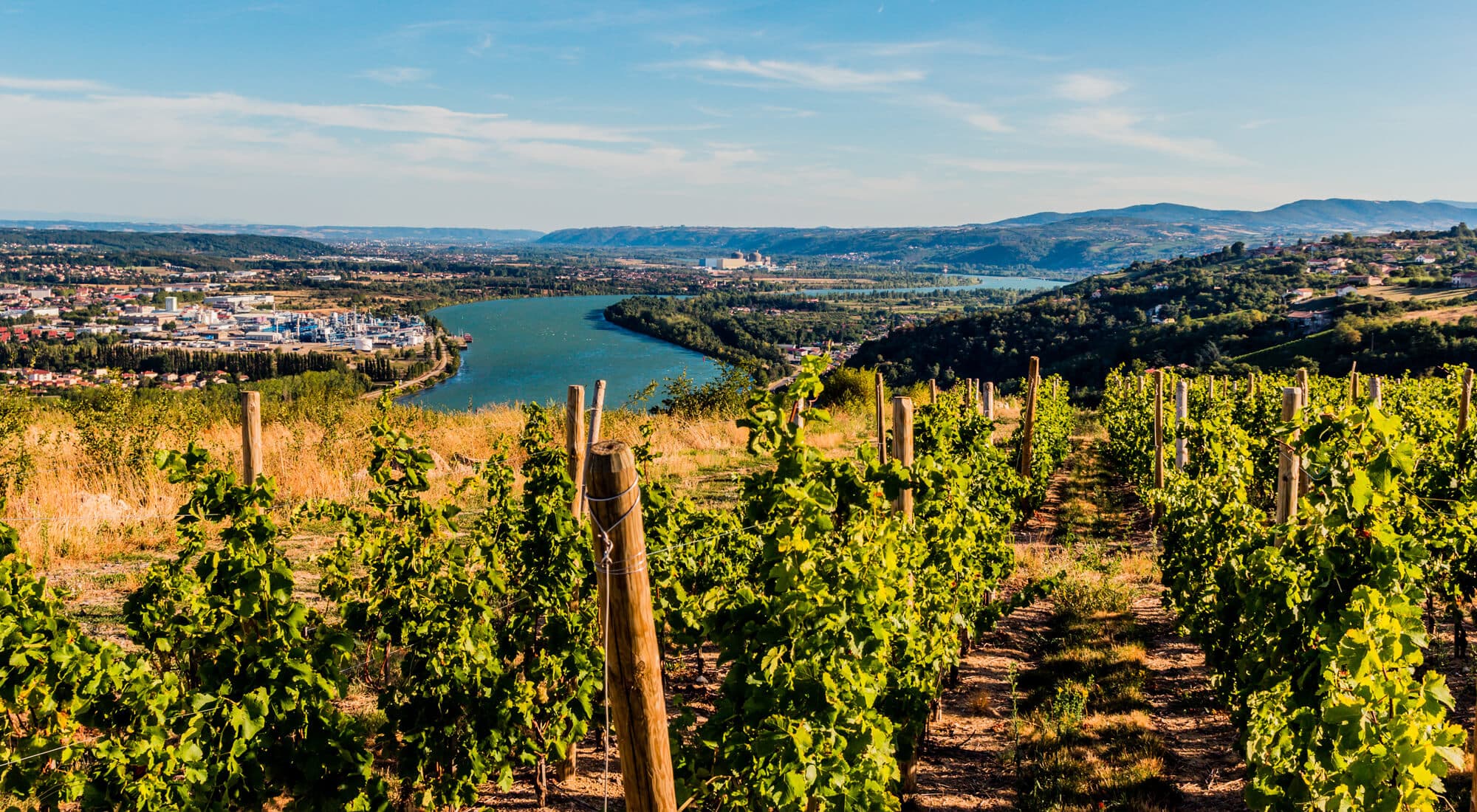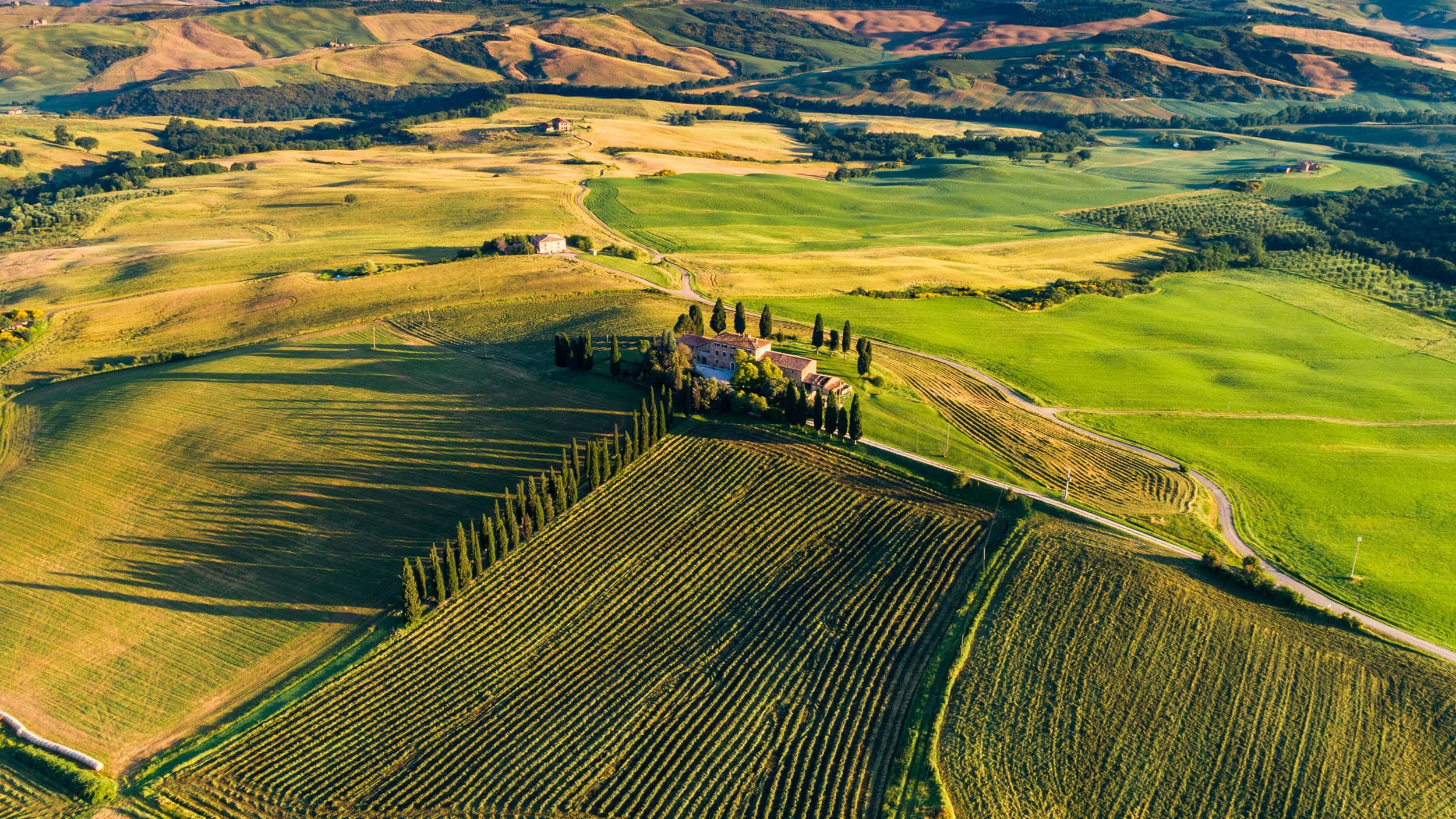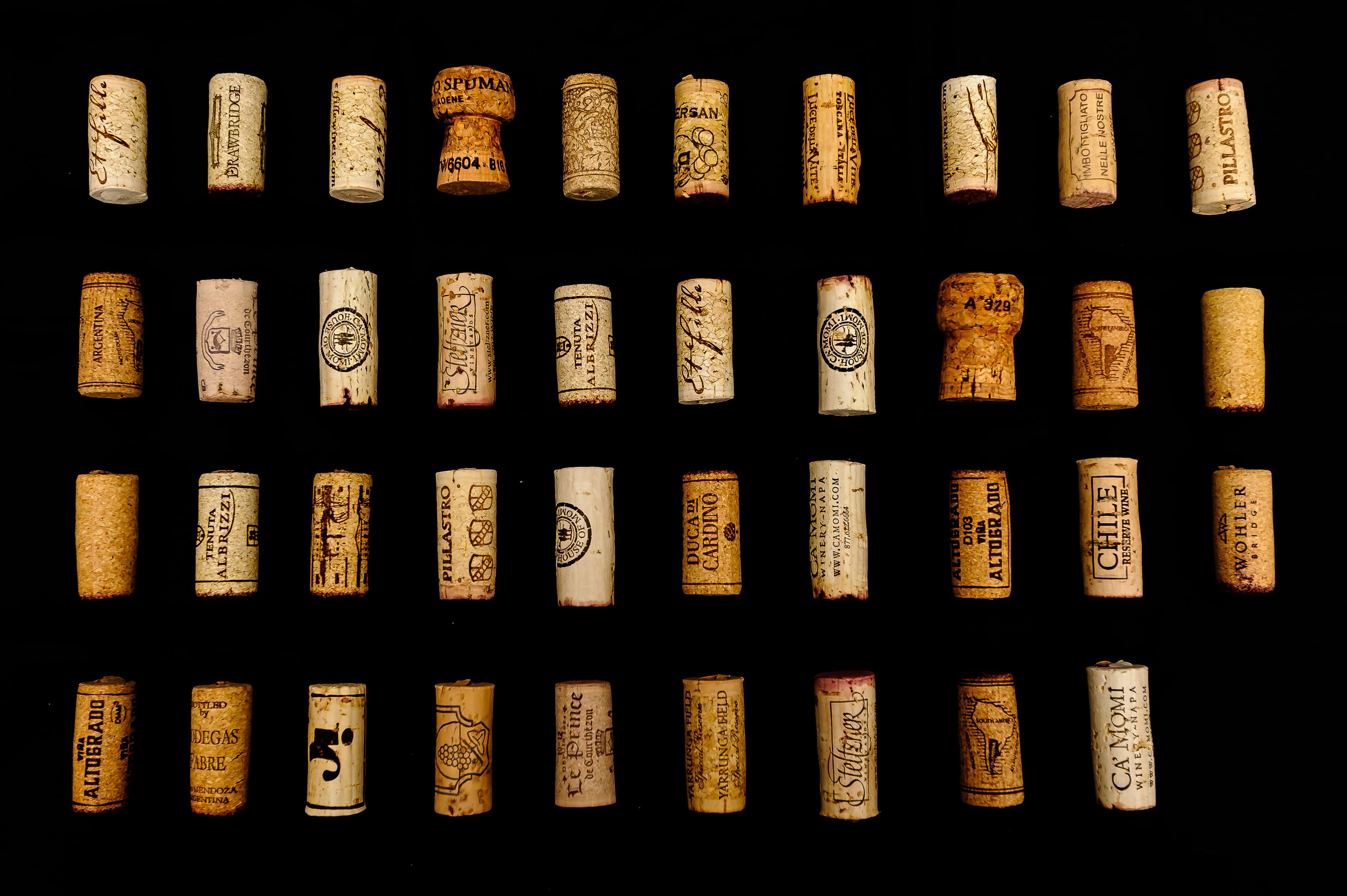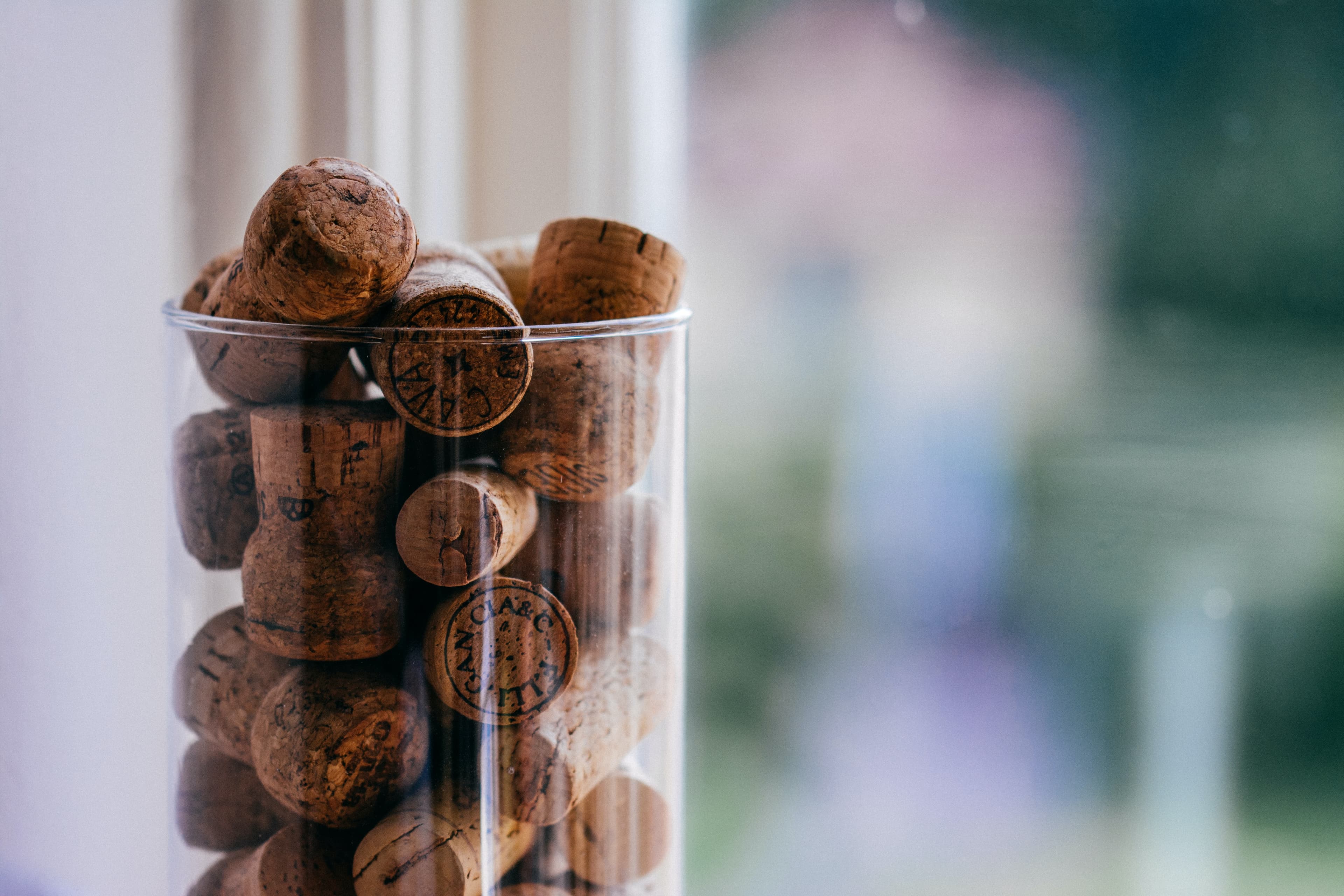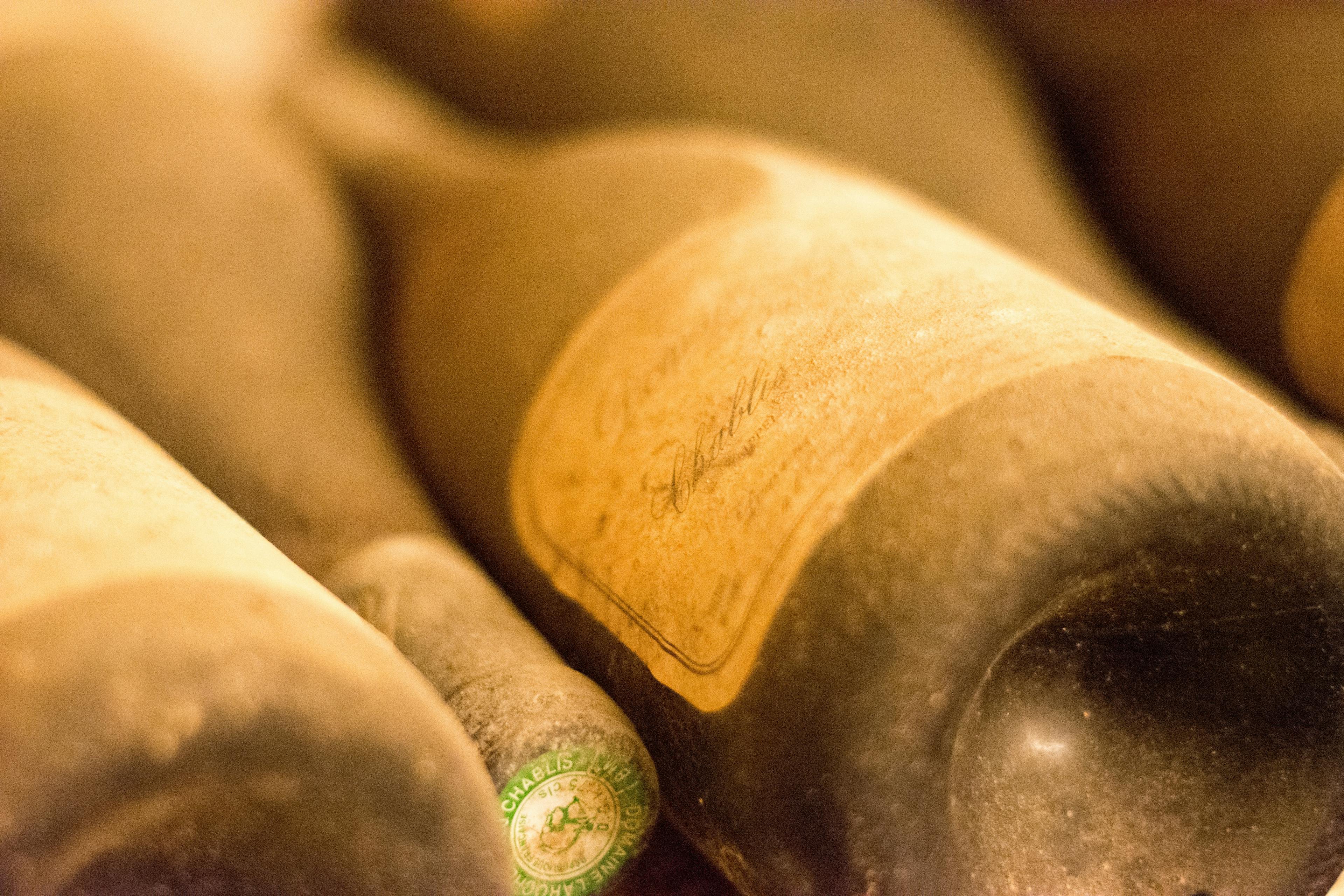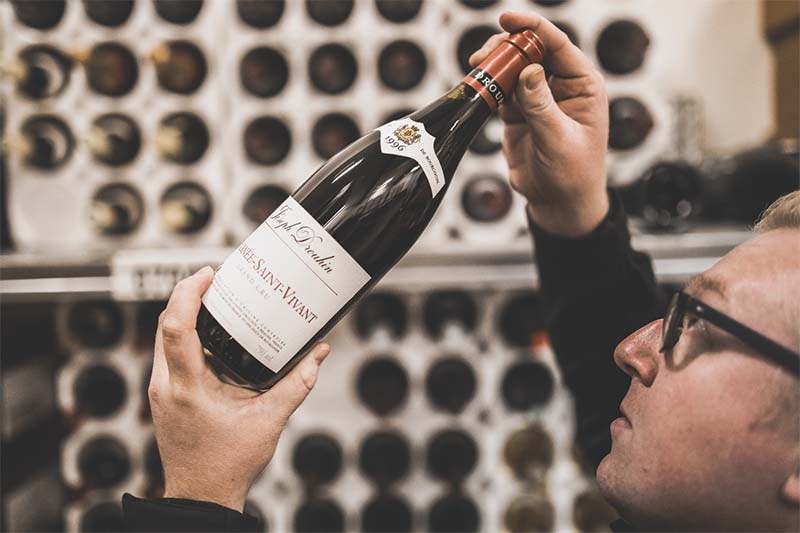
The name Antinori resonates deeply in the world of wine, representing a legacy that spans over six centuries. This illustrious family has been at the forefront of winemaking in Italy, crafting some of the most revered wines known globally. The history of Antinori is not just about wine; it's a fascinating journey through time, reflecting the evolution of winemaking techniques, cultural shifts, and economic changes. As we delve into the origins and milestones of this iconic winery, we uncover stories of innovation, resilience, and passion that have shaped the Antinori legacy. This introduction sets the stage for a deeper exploration into the rich tapestry of history that Antinori embodies.
The Origins of the Antinori Family in Tuscany
Tracing the roots of the Antinori family reveals a fascinating journey through Tuscany's rich history. Established in 1385, the Antinori family has become synonymous with fine wine production, deeply intertwined with the cultural and economic tapestry of the region. Their initial involvement in the Florentine silk trade provided a strong economic foundation, which later facilitated their venture into viticulture.
The strategic location of their estates played a pivotal role in their success. Nestled in the rolling hills of Chianti, the vineyards benefited immensely from the fertile soils and ideal climate, fostering the growth of high-quality grapes. This geographical advantage allowed them to refine the characteristics of their wine, setting a benchmark in the industry.
Key milestones in their history include:
The acquisition of prestigious estates, expanding their influence beyond local borders.
Pioneering innovations in winemaking techniques, which have been adopted widely across the region.
Upholding stringent quality controls, ensuring each bottle reflects the family’s dedication to excellence.
These elements collectively contribute to the legacy of the Antinori family, making them a cornerstone of Tuscany's viticultural heritage.
Key Historical Milestones in Antinori’s Development
Antinori, one of the most renowned names in the wine industry, has a rich history marked by several significant milestones. This illustrious journey began in 1385 when Giovanni di Piero Antinori joined the Florentine Guild of Winemakers, setting the foundation for centuries of winemaking excellence. By the 16th century, Antinori had already established itself as a leading wine producer, thanks to innovative techniques and a commitment to quality.
The 1900s brought about transformative changes for Antinori. The introduction of the Tignanello in 1971, a revolutionary blend of Sangiovese and Cabernet, marked a pivotal moment in the Super Tuscan movement. This bold step not only challenged traditional Italian winemaking norms but also elevated the global stature of Italian wines.
In recent years, Antinori has continued to innovate while maintaining its dedication to tradition. The acquisition of new vineyards and expansion into different regions have enabled the production of diverse and popular vintages. Each vintage reflects the unique characteristics of its terroir, showcasing Antinori’s ability to blend centuries-old traditions with modern techniques. This dynamic approach ensures that Antinori remains at the forefront of the wine industry, continually contributing to its rich history and global acclaim.
The Evolution of Antinori’s Winemaking Techniques
The Antinori family's winemaking techniques have undergone significant transformations since their inception in 1385. Initially, their methods were rudimentary, relying heavily on traditional practices passed down through generations. As centuries progressed, the Antinori began incorporating more scientific approaches to viticulture and fermentation. This shift was marked by the introduction of temperature-controlled fermentation in the 20th century, which greatly improved the consistency and quality of their wines.
Innovation in Aging: By the 1980s, Antinori started experimenting with French oak barrels, a departure from the typical Italian practice of using large Slavonian oak casks. This change allowed for finer control over the aging process, enhancing the flavor profiles of their wines.
Adoption of Modern Technology: The late 20th and early 21st centuries saw the Antinori adopting cutting-edge technology, including computerized monitoring systems in their vineyards and cellars. These advancements enabled precise control over every aspect of the winemaking process, from soil analysis to bottling.
Sustainable Practices: Recently, Antinori has focused on sustainable winemaking practices, aiming to preserve their terroir while minimizing environmental impact. Techniques such as organic viticulture and the use of renewable energy sources are now integral to their operations.
For those interested in experiencing the refined taste of Antinori wines, learning how to serve them correctly can significantly enhance the drinking experience.
Notable Figures in the History of Antinori
The Antinori family's legacy is deeply intertwined with several influential figures who have shaped its history. Foremost among them is Piero Antinori, who played a pivotal role in revolutionizing Italian winemaking. Under his guidance, the family business embraced innovative techniques while maintaining a deep respect for tradition. This blend of old and new methods significantly enhanced the quality of their wines and positioned Antinori as a leader in the wine industry.
Another key figure is Niccolò Antinori, Piero's father, who was instrumental in expanding the family's vineyard holdings in the 20th century. His vision for growth allowed Antinori to experiment with different grape varieties and production methods, further solidifying their reputation for quality and craftsmanship.
Marquis Piero Antinori: Spearheaded innovative practices in winemaking, integrating modern techniques with traditional methods.
Niccolò Antinori: Expanded the estate and diversified wine production, enhancing the family's influence in the wine market.
Alessia Antinori: Represents the 26th generation, focusing on sustainable practices and global expansion, ensuring the family's legacy continues to thrive.
The Expansion of Antinori into International Markets
The Antinori family's venture into international markets is a testament to their adaptability and vision in the wine industry. Initially rooted in Tuscany, Italy, where they cultivated a deep understanding of winemaking, the Antinoris began exploring opportunities abroad in the late 20th century. This strategic move was driven by the desire to innovate and embrace new challenges, while still maintaining the quality and tradition of their storied brand.
United States: Antinori's expansion into the Napa Valley allowed them to apply their extensive winemaking knowledge in a region renowned for its premium vineyards. They adapted their techniques to local conditions, significantly influencing the area's wine production standards.
Chile: By entering the Chilean market, Antinori was able to experiment with different grape varieties and climatic conditions, further enhancing their expertise and diversifying their product range.
Australia: The venture down under enabled Antinori to tap into a vibrant wine culture, incorporating innovative technologies and sustainable practices that aligned with their long-term vision.
These strategic moves not only broadened their business horizons but also offered wine enthusiasts around the globe the pleasure of enjoying Antinori wines, known for their rich heritage and exceptional quality. Each market presented unique challenges and opportunities, contributing to the brand's global reputation and success.
Historical Challenges Faced by the Antinori Family
The Antinori family, renowned for their centuries-old involvement in wine production, has faced numerous challenges throughout history. During the 16th century, they had to navigate the complexities of political turmoil in Florence, which often threatened their business and personal safety. This period was marked by frequent conflicts between rival political factions, which could have jeopardized their vineyards and wine production.
In addition to political strife, the Antinori family also dealt with economic fluctuations. The European phylloxera epidemic in the late 19th century devastated many vineyards across the continent, including those owned by the Antinori. This pest, which attacks the roots of grapevines, forced them to innovate and adapt their viticulture practices significantly.
Moreover, the two World Wars brought about severe disruptions. During these times, maintaining the continuity of wine production was a formidable challenge due to labor shortages and the scarcity of resources. The family's resilience in these periods is a testament to their dedication to wine-making.
For more detailed insights on how to properly store Antinori wines and ensure their longevity, understanding these historical contexts is crucial. Each challenge they overcame has contributed to the rich legacy and robust character of Antinori wines today.
Restoration and Preservation of Historical Estates
The Antinori family has long been dedicated to the restoration and preservation of their historical estates, ensuring that each location not only serves as a testament to their winemaking legacy but also stands as a beacon of cultural heritage. This commitment is evident in the meticulous care taken to maintain the architectural integrity and historical significance of their properties.
Architectural Integrity: Each estate is carefully restored to preserve its original structure while incorporating modern amenities. This balance maintains the historical ambiance and enhances visitor experiences.
Cultural Preservation: By retaining the historical landscapes and traditional farming methods, Antinori protects the cultural identity of the regions in which they operate. This approach helps in educating visitors about local history through the lens of winemaking.
Sustainable Practices: Emphasizing sustainability, Antinori integrates eco-friendly technologies and practices into their preservation efforts. This not only helps in maintaining the ecological balance but also ensures the longevity of their estates.
Community Engagement: Antinori involves local communities in their preservation projects, which fosters a deeper connection and mutual respect between the estate and its surroundings.
Visitors to these estates often remark on the palpable sense of history that complements the taste of Antinori wines, creating a rich, immersive experience that spans centuries.
The Role of Antinori in Shaping Tuscan Culture
The Antinori family has been a cornerstone in shaping Tuscan culture, particularly through their influence on culinary traditions. This prestigious lineage, with over six centuries in the wine industry, has significantly impacted local cuisine and dining customs. Their wines are not only a staple at Tuscan tables but have also inspired a variety of food pairings that enhance both the flavors of the meal and the wine.
Integration with Local Cuisine: Antinori wines are crafted to complement the rich flavors of Tuscan dishes. This synergy has encouraged chefs and home cooks alike to consider how a meal can be elevated by the right wine.
Promotion of Tuscan Ingredients: By pairing their wines with local ingredients, Antinori has played a crucial role in promoting regional products. This not only supports local farmers but also preserves culinary heritage.
Educational Impact: Through workshops and tasting events, Antinori educates the public about the importance of pairing, which in turn enriches the cultural fabric of Tuscany.
These efforts by Antinori have ensured that the tradition of pairing quality wines with fine food remains integral to Tuscan culture, influencing dining trends and preferences across the region.
Partnerships and Collaborations Over the Years
Antinori, a name synonymous with winemaking excellence, has engaged in numerous partnerships and collaborations that have shaped its history. These strategic alliances have not only expanded their market reach but also enriched their winemaking expertise.
Early Beginnings: In the 1970s, Antinori began collaborating with other wine producers in Tuscany, leading to the creation of the now-famous Tignanello. This venture marked one of the first uses of Cabernet Sauvignon in Italian wines, setting a new standard for quality in the region.
International Ventures: The 1980s saw Antinori expanding its influence by partnering with wineries outside Italy. Notably, their collaboration with a Napa Valley winery introduced innovative techniques and varietals back to their Italian estates, blending tradition with new insights.
Research and Development: Throughout the 1990s, Antinori invested in scientific research partnerships, focusing on sustainable viticulture practices. These efforts were aimed at enhancing biodiversity and reducing environmental impact, demonstrating their commitment to innovation and ecological responsibility.
Cultural Exchanges: More recently, Antinori has engaged in cultural exchange programs with winemakers from emerging wine countries. These programs help to foster global wine knowledge and introduce diverse winemaking styles and traditions.
For more detailed facts, exploring Antinori’s rich history of partnerships reveals a legacy of innovation and quality that continues to influence the wine industry worldwide.
How History Influences Antinori’s Current Identity
The rich history of the Antinori family, dating back to 1385, profoundly shapes its current identity. This Tuscan wine dynasty, now in its 26th generation, has consistently intertwined its legacy with innovative practices, influencing its reputation and operations today.
Preservation of Tradition: Antinori's commitment to traditional winemaking techniques, passed down through centuries, ensures the maintenance of a distinct style and quality. This adherence to historical methods is a cornerstone of their brand identity, appealing to both purists and connoisseurs.
Innovation: While they respect their past, the Antinoris are also pioneers in adopting new technologies and methods. The introduction of international grape varieties and modern production techniques in the 1970s, such as the use of French oak barrels, revolutionized Italian winemaking and cemented their status as industry leaders.
Sustainability: The family's historical connection to the land has fostered a strong commitment to sustainable viticulture. This respect for the environment not only preserves their heritage but also ensures the longevity of their vineyards for future generations.
Global Influence: The historical narrative of the Antinori family has propelled them onto the global stage, influencing their expansion and the establishment of vineyards in other countries, which diversifies their portfolio and broadens their impact in the wine industry.
Each of these elements, rooted in their storied past, continues to define Antinori’s identity and drive their success in the wine world.
Conclusion
In conclusion, the rich history of Antinori not only highlights its enduring legacy in the world of fine wines but also underscores the importance of tradition, innovation, and passion in crafting exceptional wines. As we've explored, the Antinori family has been at the forefront of wine-making for over six centuries, consistently pushing the boundaries of traditional methods while respecting their deep-rooted heritage. This blend of old and new is what sets Antinori apart in the wine industry.
For wine enthusiasts and collectors looking to experience the legacy of Antinori, Rekolt offers a seamless solution. Understanding the significance of proper storage and the potential for future trading, Rekolt provides an option to store purchased wines in a professional cellar. This service not only ensures that your wine maintains its quality and ages perfectly but also enhances its resale value, should you decide to trade or sell in the future. By choosing Rekolt, you are not just buying a bottle of wine; you are investing in a piece of history, with the added assurance that your investment is preserved at its utmost quality. Whether you're a seasoned collector or a new enthusiast, Rekolt and Antinori together offer an unparalleled opportunity to delve into the world of fine wines with confidence and ease.
Share this article
